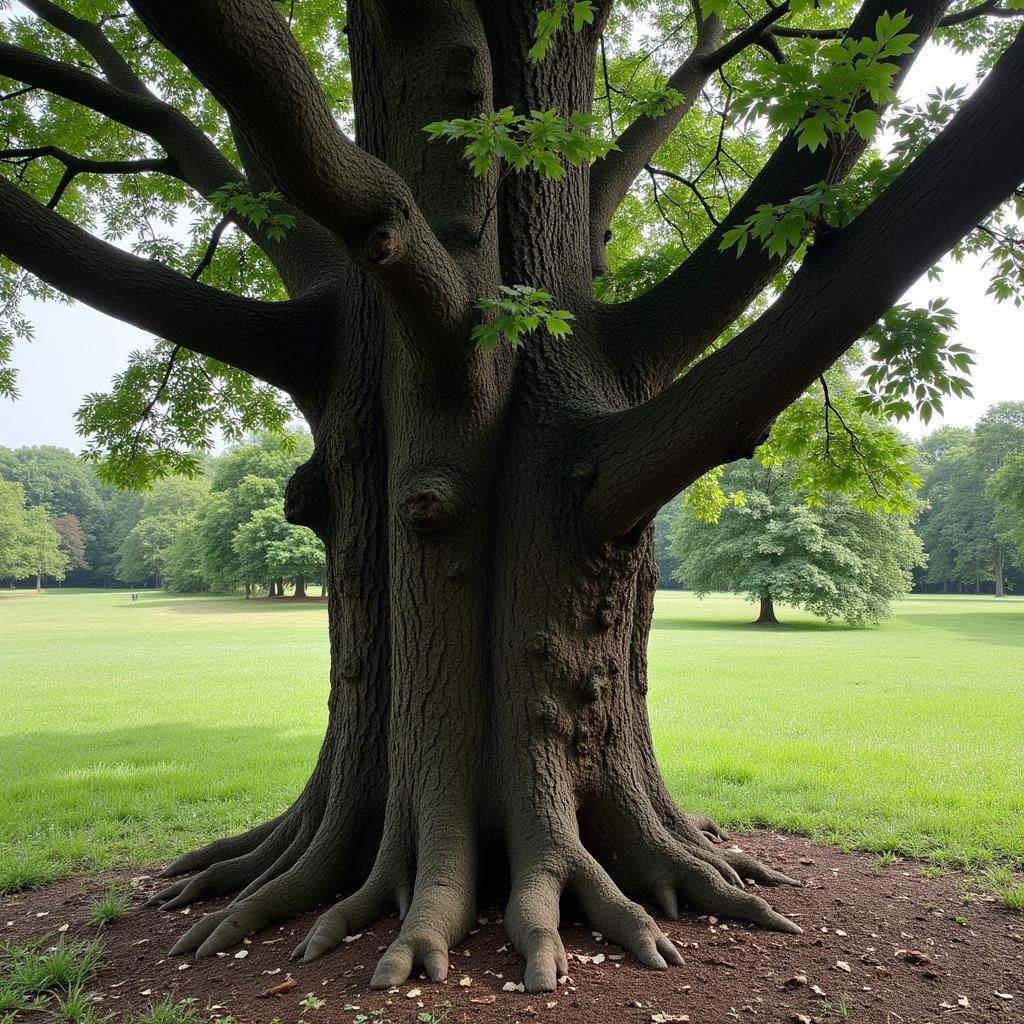African Grey Parrot Breeding Facts: Everything You Need to Know
African Grey parrots are incredibly intelligent and social birds that have become popular pets worldwide. Their ability to mimic human speech and their playful personalities make them highly sought-after companions. However, breeding African Grey parrots is a serious responsibility and requires a deep understanding of their needs. This article will delve into the essential facts you need to know about African Grey parrot breeding, including their biology, mating habits, and ethical considerations.
Why Are African Grey Parrots So Popular?
African Grey parrots are known for their remarkable intelligence, which allows them to learn complex vocalizations and even solve puzzles. Their ability to mimic human speech is perhaps their most captivating trait, making them a unique and entertaining companion for many. These birds also exhibit a wide range of emotions, forming strong bonds with their owners and engaging in playful interactions.
Breeding African Grey Parrots: A Responsible Approach
Before you even consider breeding African Grey parrots, it’s crucial to understand the ethical and logistical complexities involved. Here are some key factors to consider:
Understanding African Grey Parrot Biology
- Lifespan: African Grey parrots have a long lifespan, living for 40 to 60 years in captivity. This means that you are making a long-term commitment when bringing an African Grey parrot into your life.
- Social Structure: These birds are highly social and thrive in groups. If you are considering breeding, you need to be prepared to provide a large, enriching environment that accommodates multiple birds.
- Mating Season: African Grey parrots typically breed during the wet season, which can vary depending on their geographic origin. However, it’s essential to note that the breeding cycle can be influenced by factors like temperature, food availability, and photoperiod.
Breeding Considerations:
- Health: You need to ensure that your breeding pair is healthy and genetically sound. This involves a thorough examination by an avian veterinarian to check for any underlying health conditions.
- Environment: Provide a large, spacious enclosure with ample space for perching, climbing, and foraging. Replicate a natural environment with branches, toys, and enrichment activities to stimulate their mental and physical well-being.
- Diet: Offer a balanced diet rich in fruits, vegetables, nuts, seeds, and pellets. Ensure their diet is supplemented with essential vitamins and minerals.
- Nest Box: You’ll need to provide a suitable nest box where the female can lay her eggs and raise her chicks. Choose a box made of safe, non-toxic materials and ensure it’s the appropriate size.
- Incubation: The female will incubate the eggs for approximately 30 days. During this period, it’s essential to maintain a stable temperature and humidity within the nest box.
- Fledglings: Once the chicks hatch, they will remain dependent on their parents for several weeks. You need to provide a safe and supportive environment to ensure they grow and develop properly.
Ethical Considerations in African Grey Parrot Breeding
- Overpopulation: The demand for African Grey parrots has led to concerns about overpopulation in captivity. Breeding irresponsibly contributes to this problem.
- Wild Capture: The illegal capture of African Grey parrots from the wild is a serious threat to their survival. Breeding only responsibly sourced birds ensures you’re not contributing to this illegal trade.
- Quality of Life: Ensure the well-being of your birds by providing a spacious and enriching environment. This includes access to appropriate toys, socialization with other birds, and regular enrichment activities.
- Financial Responsibility: Breeding parrots is an expensive undertaking. You need to be prepared for the financial commitments associated with providing proper care, veterinary attention, and specialized diets.
Expert Insights:
“Breeding African Grey parrots requires a significant commitment and understanding of their complex needs,” states Dr. Emily Carter, a renowned avian veterinarian. “It’s essential to prioritize the health and well-being of the birds while being mindful of the ethical considerations involved.
“The goal should always be to produce healthy, well-adjusted parrots that will live long, fulfilling lives,” adds Dr. Carter.
FAQs
-
Q: How long do African Grey parrots live?
- A: African Grey parrots can live for 40 to 60 years in captivity.
-
Q: Are African Grey parrots good pets for beginners?
- A: African Grey parrots are highly intelligent and require a lot of attention and care. They are not recommended for first-time bird owners.
-
Q: Can I breed African Grey parrots in my home?
- A: Breeding African Grey parrots requires a specialized environment, experience, and a commitment to ethical breeding practices.
-
Q: How can I find a reputable African Grey parrot breeder?
- A: Look for breeders who are members of reputable organizations and who prioritize the health and well-being of their birds.
-
Q: Are African Grey parrots endangered?
- A: While African Grey parrots are not currently endangered, their populations are declining due to habitat loss and illegal trade.
Conclusion
Breeding African Grey parrots is a complex and challenging endeavor. It requires a comprehensive understanding of their biology, mating habits, and ethical considerations. By prioritizing the well-being of the birds, engaging in responsible breeding practices, and being mindful of the ethical implications, you can contribute to the conservation of this remarkable species.
Remember, African Grey parrots are sentient beings that deserve a high quality of life. Breeding responsibly ensures that these intelligent and captivating birds continue to thrive in captivity.


